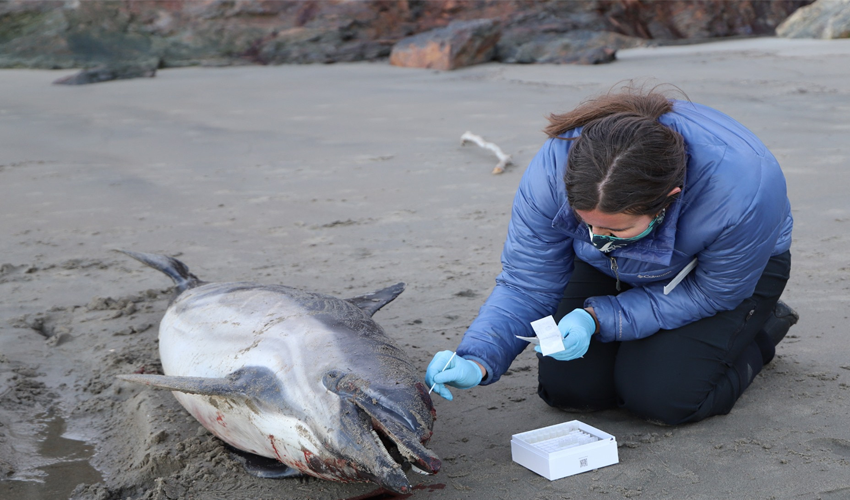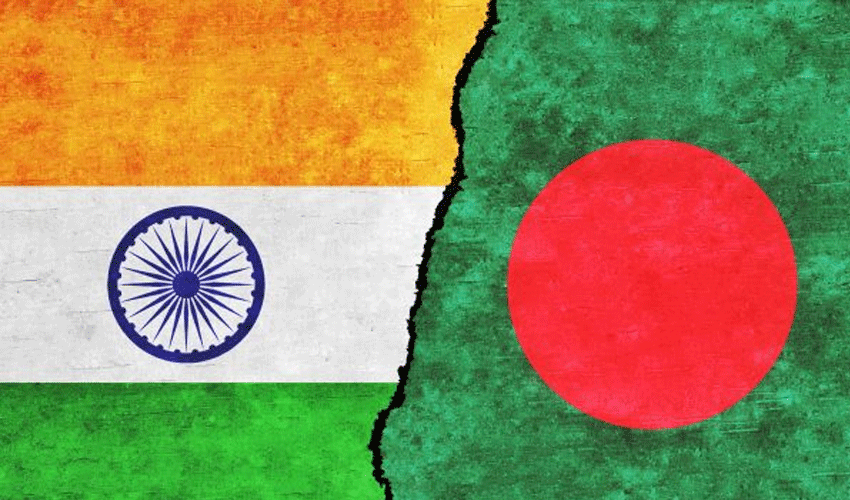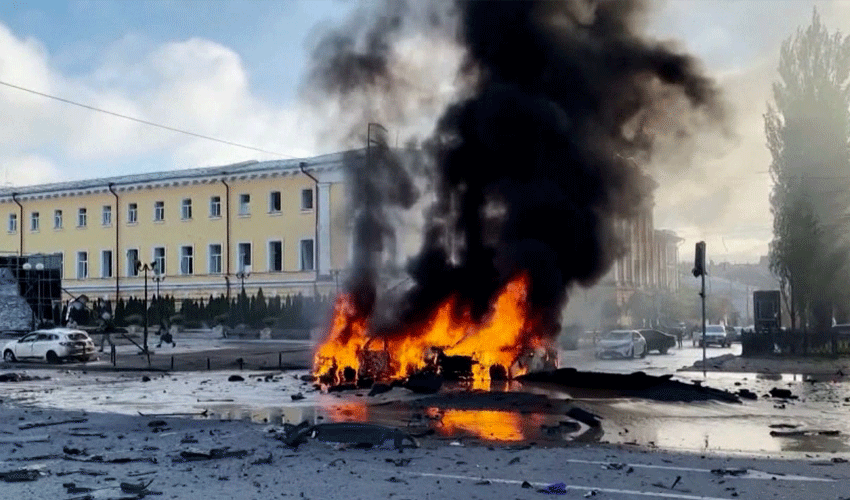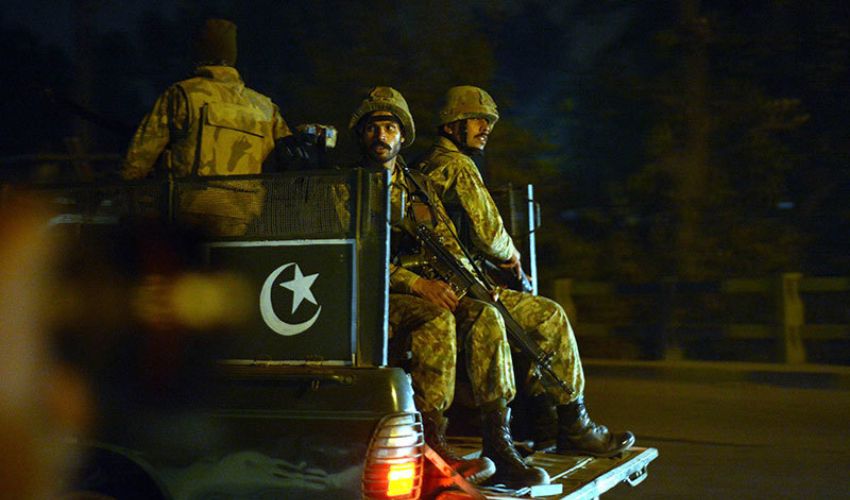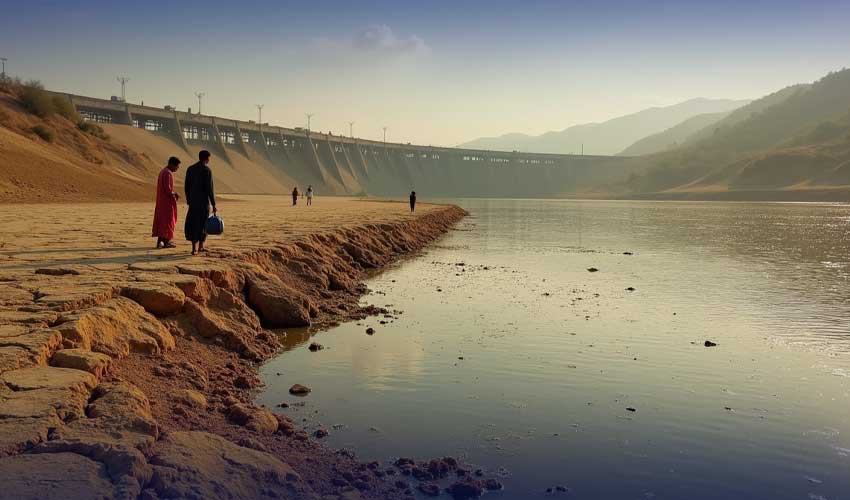In a heartbreaking turn of events, more than a hundred dolphins have been discovered lifeless in the vast expanse of the Brazilian Amazon.
This grim discovery comes amidst an unprecedented drought and record-breaking water temperatures that, in some areas, have soared to a sweltering 102 degrees Fahrenheit.
The distressing revelation unfolds in the serene waters of Lake Tefé, where these lifeless creatures were found over the course of the past seven days.
The Mamirauá Institute, a research institution funded by the Brazilian Ministry of Science, brought this disconcerting news to light.
The magnitude of this dolphin tragedy is, indeed, quite unusual. Experts suggest that the root cause may be attributed to the extraordinary heatwaves and the historic drought that have gripped the Amazon region.
Climate scientists have long been sounding the alarm about the detrimental effects of human activity and the growing incidence of extreme droughts in this crucial ecosystem.
While it is still too early to definitively pinpoint the exact cause of this dire event, experts from the Mamirauá Institute propose a strong correlation with the prolonged drought and the soaring temperatures in Lake Tefé. Some areas of this vast water body have recorded temperatures that exceed 39 degrees Celsius, equivalent to a scorching 102 degrees Fahrenheit.
The Amazon River, the lifeblood of the rainforest, is presently experiencing the dry season. Regrettably, various species of river-dwelling fauna are feeling the brunt of these record-high temperatures.
In an admirable effort to save any surviving dolphins, dedicated researchers and activists are tirelessly working to transfer these distressed creatures from lagoons and ponds in the outskirts to the main body of the river, where the water is relatively cooler.
However, this operation is fraught with challenges due to the remote and inaccessible nature of the region.
André Coelho, a researcher at the Mamirauá Institute, emphasizes the complexity of this rescue mission, stating, "Transferring river dolphins to other rivers is not that safe because it’s important to verify if toxins or viruses are present before releasing the animals into the wild."
The severe drought gripping the Amazon is not only taking a toll on its precious wildlife but also wreaking havoc on the region's economy. Reports of below-average water levels have surfaced in 59 municipalities within Amazonas State, significantly impeding both transport and fishing activities along the river.
Alarmingly, authorities anticipate that the coming weeks may bring even more acute droughts, potentially resulting in further casualties among the already beleaguered dolphin population.






